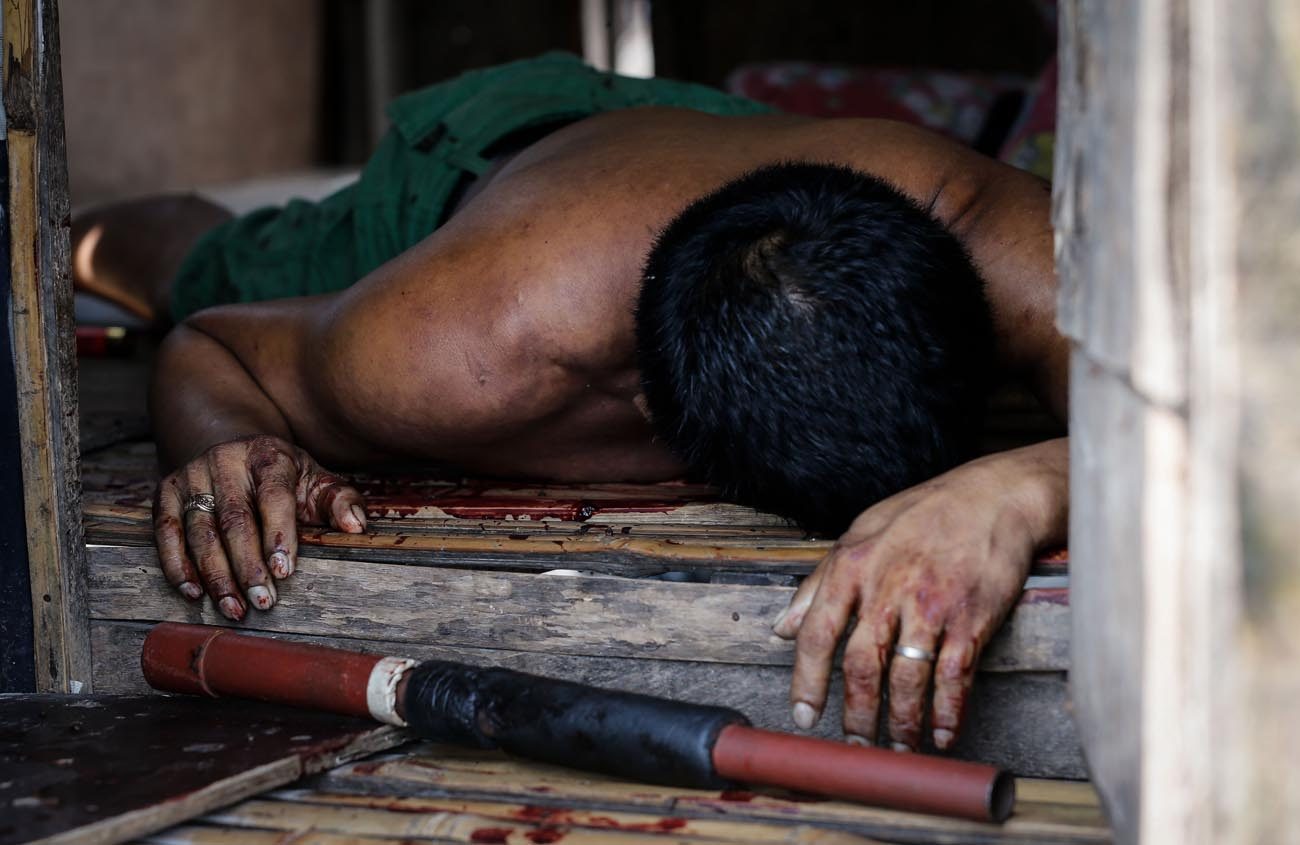MANILA, Philippines (CNS) — The head of the Philippine bishops’ conference set “ethical guidelines” against proposals to reinstate the death penalty as the country’s war on drugs continues, with body counts increasing daily.
In a statement released Sept. 14, Archbishop Socrates Villegas of Lingayen-Dagupan, conference president, urged Catholic lawmakers not to support “any attempt to restore the death penalty” and called on Catholic lawyers to “study the issue and to oppose” it by filing legal cases against it. He also appealed to Catholic judges to “heed the teaching of the church and to appreciate every possible attenuating or mitigating circumstance” so the death penalty would not be imposed.
[hotblock]
Less than a week after Philippine President Rodrigo Duterte was sworn into office, a staunch political ally and the new speaker of the Philippine House, Pantaleon Alvarez of Davao del Norte, filed a proposal to reinstate the death penalty. It was the first bill filed in the new congressional term.
Duterte ran, and won by a large margin, on a platform of ridding the country of criminals by having them killed and encouraging the public to kill them. He has repeatedly called for the death penalty to be reinstated and, in early September, again urged congress to pass the bill.
Since Duterte took office on June 30, more than 3,400 people accused of drug dealing or addiction have died at the hands of law enforcement and private citizens. In response to critics who have said the death penalty does not deter criminal activity, the president has taken the position that the death penalty is a means to make criminals pay for heinous crimes, not to keep them from committing them again.
In recent months, the church in the Philippines has held firm in its rejection of the death penalty. Archbishop Villegas emphasized its stance with the ethical guidelines.
“While it is true ‘retribution’ has been central to many theories of penalty, it is at best a nebulous concept that is hardly distinguishable from a stylized and sanitized form of vengeance,” he said.
Citing a passage in the book of Genesis, Archbishop Villegas said, “In every human person is that incomparably precious breath of life from God himself. … It is this divine gift of life, sublime and unsurpassable, that the death penalty takes away.”
[hotblock2]
The archbishop also pointed out changing views on the death penalty in the last century, with more and more people, including St. Pope John Paul II, opposing it and questioning the need for it altogether. He said this was especially true with the evolution of more humane forms of punishment.
“You cannot, without contradiction, insist that the person is secure from cruel punishment,” he said, “and at the same time open the possibility of inflicting upon him or her the most cruel punishment possible: the calculated, planned and deliberate deprivation of life.”
Archbishop Villegas called Pope Francis’ declaration in the exhortation “Amoris Laetitia” that the church “firmly rejects the death penalty” the “definitive teaching of the Catholic Church for the third millennium.”
“It is time then to rid ourselves of the obsolescent notion that a person who commits a heinous wrong ‘forfeits his right to life,'” the archbishop said. “No one can forfeit the right to life, because life is at the free disposal of none, not even the state.”
PREVIOUS: Orphaned world can find a mother in Mary, pope says
NEXT: Changing canon law, pope brings Latin and Eastern practices closer




Share this story